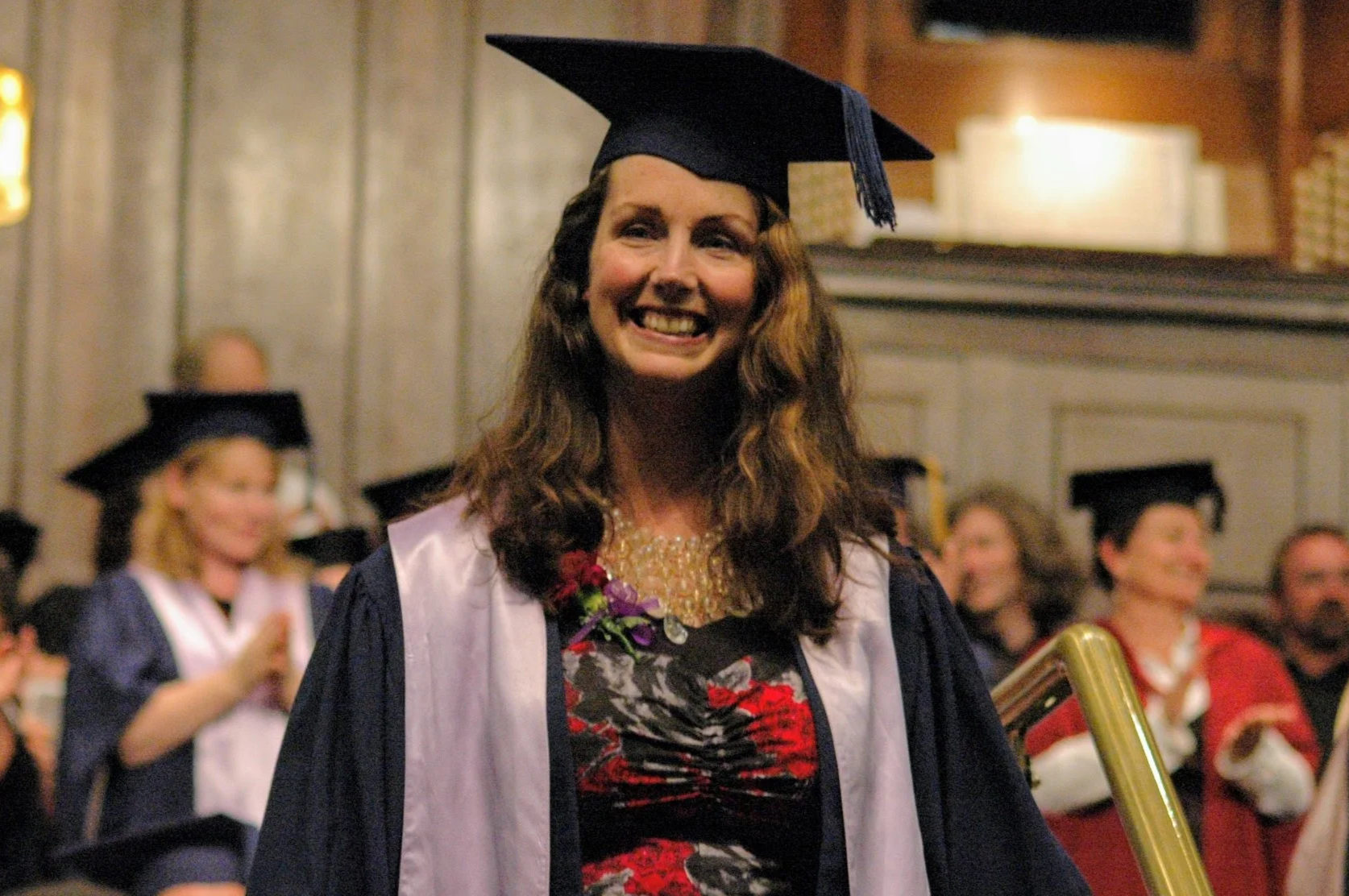The Art of Failing: Turning shame into growth
That sinking feeling in your chest. The heat rising to your face. The voice in your head whispering, “See? I told you you couldn’t do it.” Failure can feel like a verdict. But what if it is actually an invitation?
What does it mean to get good at failure? To “take ownership”? To learn from it. To see failure as an essential ingredient along the road to growth, learning, and success?
In the Brave Room this week, we’ve been exploring what it means to fail well. Not to avoid failure, but to meet it with curiosity, compassion, and courage. Because the kind of growth we are after isn’t about perfection – it’s about becoming fully ourselves.
We often think that we aren’t achieving our goals because we lack discipline. When actually we are avoiding fully committing to achieving our goals out of a fear of failure. Or more accurately, a fear of the experience of failure.
If you are horrified when you fail, you are not alone! Before you read on, have a think about what you learned about failure when you were growing up. Was failure seen as a normal and healthy step in the learning process, or a sign that you were deficient? Was it a catastrophe to be avoid at all costs, or an everyday human experience? Were you given messages to move toward failure with curiosity, or move away with shame?
When failure visits, what voice do you hear? Is it the Drill Sergeant calling you names, the disapproving “I knew you couldn’t do it”, or the Saviour, “there there, you shouldn’t have to do such hard things”?
Where does the failure land in your body? What sensations do you feel? Racing heart? Nausea? Constriction? What emotions? Anger? Sadness? Disgust?
What is your nervous system response? Fight, flight, freeze, or fawn?
It can be useful to acknowledge the purpose of these responses. They are all trying to keep us safe.
The problem with staying safe is that we may be wanting to stretch beyond our current comfort zone. We may be seeking growth and to learn something that we don’t currently know how to do.
That learning zone, the space between not-knowing and competence, is inherently uncomfortable.
One of my juiciest failure experiences was in my first year of midwifery school. I had decided to retrain as a midwife in 1998, following the birth of my son. Along the way to reaching this goal, I had gained a nursing degree in Colorado and then moved halfway across the world to Dunedin New Zealand to study midwifery. It took me eight years before I actually got to start my study.
So, yeah, I wanted it. And I desperately wanted to be the best midwife I could be. Immediately.
But midwifery isn’t a skill that you can just smart your way through. You have to teach your hands how to interpret the position a baby is in, inside the mother’s tummy. This didn’t come easily to me – in fact, I totally sucked at it FOR MONTHS.
I remember the midwife I was out on placement with sighing and shaking her head as I got it wrong AGAIN. The nausea in the pit of my stomach, the hot flush of shame.
I went home in tears convinced I just wasn’t cut out for this. I even started researching other careers. But then I remembered why I started. I wanted to be a midwife more than I wanted to avoid the pain of learning. That moment changed everything.
Thankfully I realised, that if I gave up and didn’t give myself the chance to persevere and learn, that this was going to keep happening throughout my life. And that I would only ever be able to do things that came easily, or that I already knew how to do.
So my mantra throughout my midwifery career became, “It’s okay to be a learner.”
Graduation Day, Otago School of Midwifery, 2008
I still have to remind myself of this, and I sometimes still feel that hot shame and pit of despair if I have a particularly spectacular failure. But my desire to learn and grow is bigger than my desire to avoid the feeling of failure, so I keep going, softening as I become a better and better failure.
Failure isn’t a stop sign. It’s a signpost. It tells us that we are stretching, reaching, growing. It is the price of becoming someone new.
Getting good at failure doesn’t mean we stop feeling the sting. It means we stop letting it define us. We learn to stay with the discomfort long enough to hear what it’s teaching us. We soften, we breathe, and we try again.
So the next time failure knocks, pause. Listen. Ask: What am I learning? What matters most right now?
You are not broken. You are becoming. And every stumble is part of the path.

